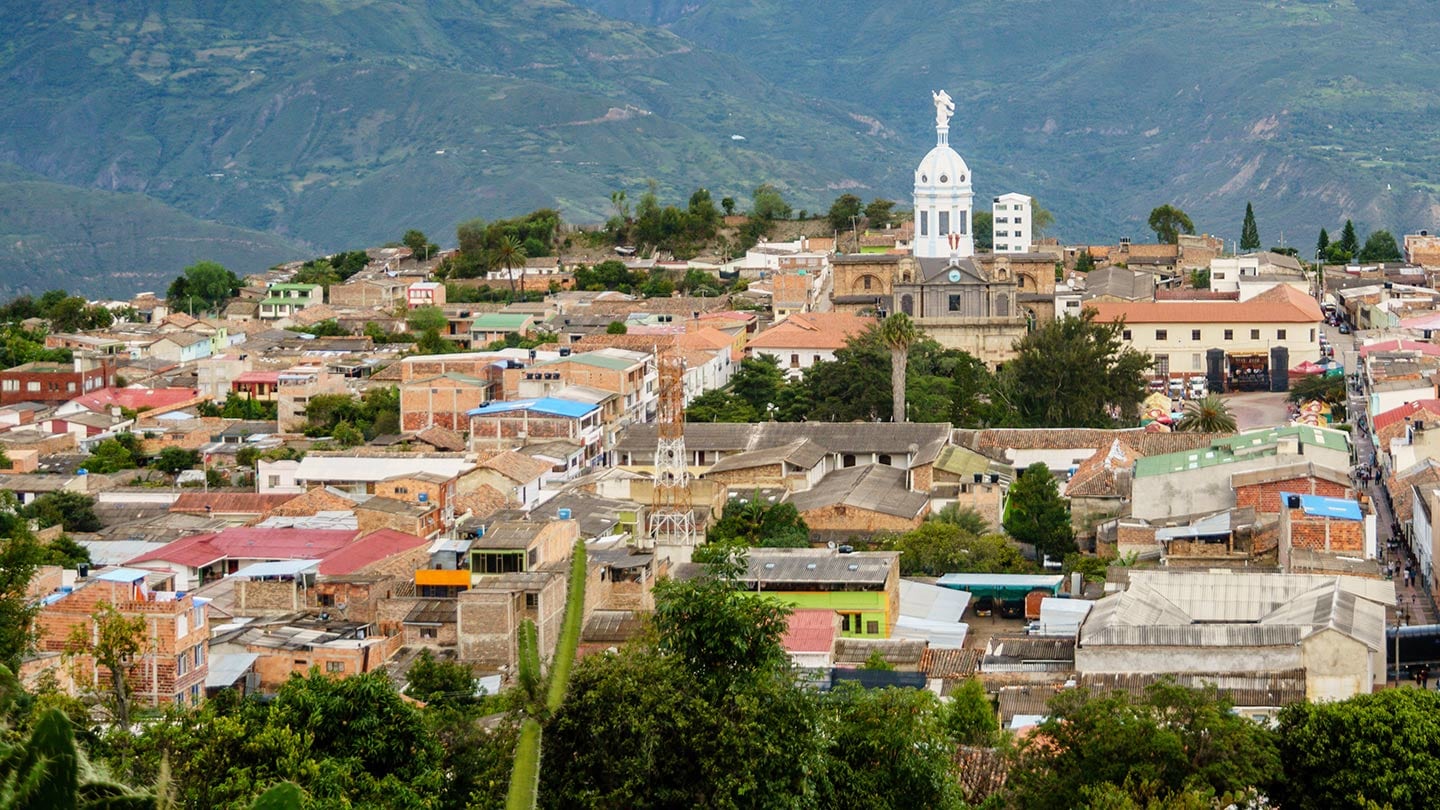Colombia
Context
After decades of armed conflict, Colombia is moving forward with the implementation of its historic peace process with the Farc guerrilla. This has attracted investments in different sectors including mining as previous off-limit areas are now accessible for legal mining and other development projects. Nevertheless, while the peace process has created new opportunities for communities to voice opposition to both large and small-scale mining on grounds of negative social and environmental impacts to local communities, its implementation has generated a strongly polarized context with the criminalization of social protest and the persecution of social leaders.
The Colombian government has therefore many challenges still to face, such as strengthening community participation in decision making process and guaranteeing fundamental rights to overcome historical inequalities in areas highly affected by the conflict. At the same time, there is a unique opportunity to improve the governance of the mining sector in a way that maximizes its potential social and economic benefits, while preventing environmental degradation, negative social and human rights impacts, and socio-environmental conflicts.
Capacity development
Assessing the Rule of Law in the Public Administration of the Mining Sector
The EGP has supported the National Authority of Environmental Licenses and the Regional Environmental Authority of the mineral-rich Department of Chocó to apply the Rule of Law in the Public Administration of the Mining Sector (ROLPAM) methodology to assess the degree to which procedural human rights – access to participation, access to information and redress – are being protected in the governance of the mining sector. The assessment tool was piloted in small, medium, and large-scale mining operations at the national and regional level, in the Chocó and Antioquia Departments.
At the request of the Colombian government, the ROLPAM methodology is now being used in the analysis of socio-environmental conflicts in three new regions, with the results to be used to strengthen the country’s strategy for the environmental management of Colombia’s energy and mining sectors.
Training workshops
Workshop on Improving Environmental Governance of the Colombian Extractive Sector
The EGP organized a national training workshop with the Regional Center for Responsible Enterprises and Entrepreneurship – CREER, for key stakeholders in the Colombian mining sector, including the Presidential Council for Human Rights, regional government officials, and the Alexander von Humboldt Biological Resources Research Institute. The workshop took place in late 2017 in Bogota, focusing on biodiversity, ecosystem services and the human rights approach in the environmental governance of the mining sector. Workshop report available here.
Our partners
National Authority of Environmental Licenses (ANLA), Ministry of the Environment and Sustainable Development (MinAmbiente)
Ministry of Mines and Energy (MinMinas)
Regional Environmental Authority, Chocó Department (CODECHOCÓ)
Regional Center for Responsible Enterprises and Entrepreneurship (CREER)
Resources
Greening the Peace, by Jimena Puyana, UNDP Colombia, Stockholm Dialogue, June 2018
Mainstreaming Biodiversity Protection in the Mining Sector, by Per Strömberg, Swedish EPA, and Claudia Ituarte-Lima, SwedBio/Stockholm Resilience Centre, Kwale Workshop, May 2018
Focal point
The EGP focal point for UNDP Colombia is Christian Felipe Lesmes.






